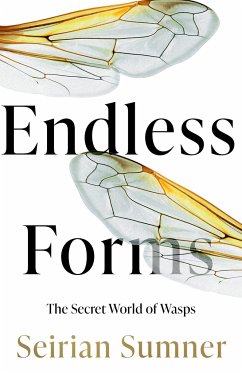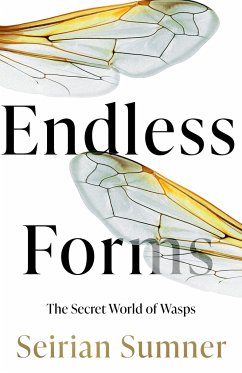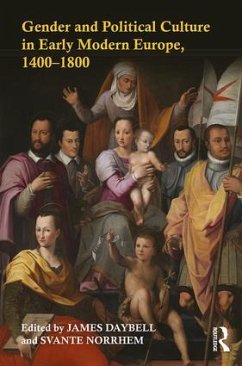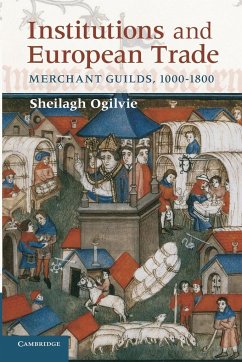Nicht lieferbar
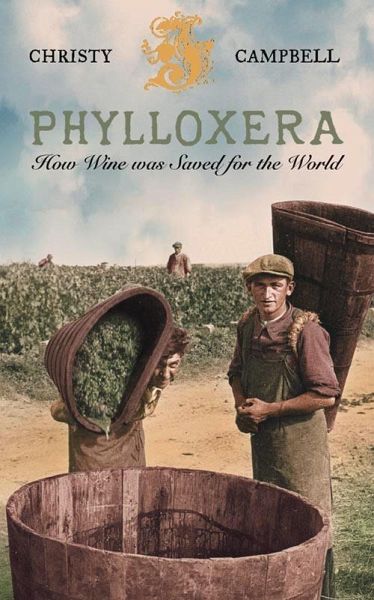
Versandkostenfrei!
Nicht lieferbar





How Wine was Saved for the World. A historical investigation into the mysterious bug that wiped out the vineyards of France and Europe in the 1860s - and how one young botanist eventually 'saved wine for the world'.
Christy Campbell was a publisher's editor before turning freelance writer. He has written for the Sunday Telegraph since 1990 when he joined as Defence Correspondent covering the Gulf War. He has made a speciality of 'forensic historical investigations' and produced a series of special supplements for the Sunday Telegraph on 20th-century history. He has written a number of non-fiction books on World War II and broadcast on radio and television, and is the author of The Maharajah's Box published by HarperCollins.
Produktdetails
- Verlag: Harper Perennial / HarperCollins UK
- Artikelnr. des Verlages: 063670
- Seitenzahl: 368
- Erscheinungstermin: 6. Dezember 2004
- Englisch
- Abmessung: 197mm x 132mm x 33mm
- Gewicht: 280g
- ISBN-13: 9780007115365
- ISBN-10: 0007115369
- Artikelnr.: 22142114
Herstellerkennzeichnung
Libri GmbH
Europaallee 1
36244 Bad Hersfeld
gpsr@libri.de
'An entertainingly educational story of scientific exploration, political filibustering, profiteering skulduggery and a disaster that was nearly total... This is not just a book for wine buffs. An intoxicating read.' Peter Millar, The Times
'The extraordinary tale of how France's wine industry was saved from a devastating plague by the New World.' Daily Mail
'Such are Christy Campbell's superb story-telling skills that, notwithstanding my woeful ignorance of science, botany and viticulture, I found myself utterly hooked on this fascinating piece of social history.' Hugh Massingberd, Daily Telegraph
'As Christy Campbell shows so vividly, the desperate search for both cause and cure involves all the elements of a good thriller... such a good read.' Joanna Simon, Sunday Times
'Phylloxera is a rattling good read; the author handles scientific material with such a nimble touch that at no point was I overcome by the onslaught of entomological detail.' Giles MacDonogh, Literary Review
'The extraordinary tale of how France's wine industry was saved from a devastating plague by the New World.' Daily Mail
'Such are Christy Campbell's superb story-telling skills that, notwithstanding my woeful ignorance of science, botany and viticulture, I found myself utterly hooked on this fascinating piece of social history.' Hugh Massingberd, Daily Telegraph
'As Christy Campbell shows so vividly, the desperate search for both cause and cure involves all the elements of a good thriller... such a good read.' Joanna Simon, Sunday Times
'Phylloxera is a rattling good read; the author handles scientific material with such a nimble touch that at no point was I overcome by the onslaught of entomological detail.' Giles MacDonogh, Literary Review
Für dieses Produkt wurde noch keine Bewertung abgegeben. Wir würden uns sehr freuen, wenn du die erste Bewertung schreibst!
Eine Bewertung schreiben
Eine Bewertung schreiben
Andere Kunden interessierten sich für





